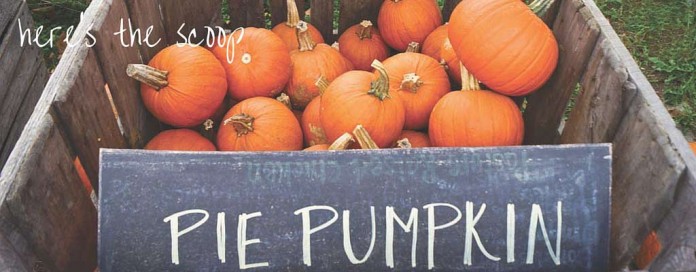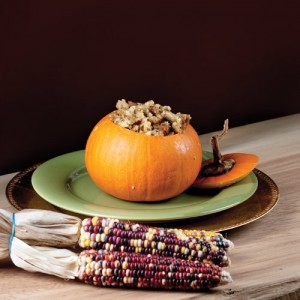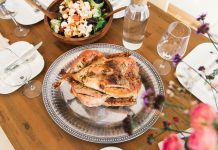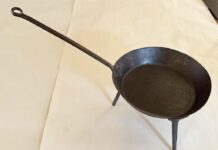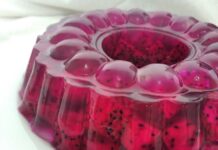Sure, you can buy canned pure pumpkin, but why not change up your fall cooking and baking schedule by making your own puree right from the pumpkin?
Pumpkins are chock full of beta-carotene, which is indicated by the fruit’s color. Beta-carotene converts to vitamin A and is thought to protect against heart disease and cancer. Pumpkins are also a great source of Vitamin C, calcium, iron, folate and potassium.
What kind of pumpkins can you eat?
Pie and sugar pumpkins are suitable for cooking. They should be deep orange and firm, without bruises, cuts or soft spots.

Cooking and eating pumpkin
Never eat pumpkin raw, and always remove the peel. Only wash pumpkins with cold water. Do not use soaps or household bleach. Thoroughly dry pumpkins before storing in the refrigerator so mold and bacteria do not grow.
You can bake, boil, steam, broil, pan-fry or pressure cook pumpkin. You can boil, bake, steam or microwave cut up pieces of pumpkin, then remove the skin and put the pumpkin in a blender or food processor to make a puree.
Baking

Pumpkins can also be baked after being cut in half or in quarters. Remove seeds and stringy insides. Cut sides down, place pumpkin pieces in a baking dish. Add ¼-inch of water and bake until tender. Once the pumpkin is almost done, turn the pieces upward. Season with brown sugar, cinnamon or nutmeg and margarine. You can also stuff pumpkins with apples, cinnamon or even sausage.
Boiling
To boil, cut up pumpkin or cook it whole in salted water. Scrape the puree out of the shell. Use the puree for pie filling, breads and casseroles. A number of ingredients can be combined with pureed pumpkin.
Sources: Ohio State University Extension, Purdue University Extension, West Virginia University Extension
Have any questions about cooking and baking with pumpkin? Ask us in the comments section!
More about pumpkins from Farm and Dairy:
- Pumpkin season: Picking, cooking and preserving fall’s favorite fruit
- How to grow pumpkins: 7 tips
- How to pick the perfect pumpkin, gourd or squash
- Pumpkin decorating ideas for Halloween
- Prolong the life of decorative pumpkins, gourds and squash in five simple steps
- Blog: Giant pumpkins are a labor of love for the Moshers






